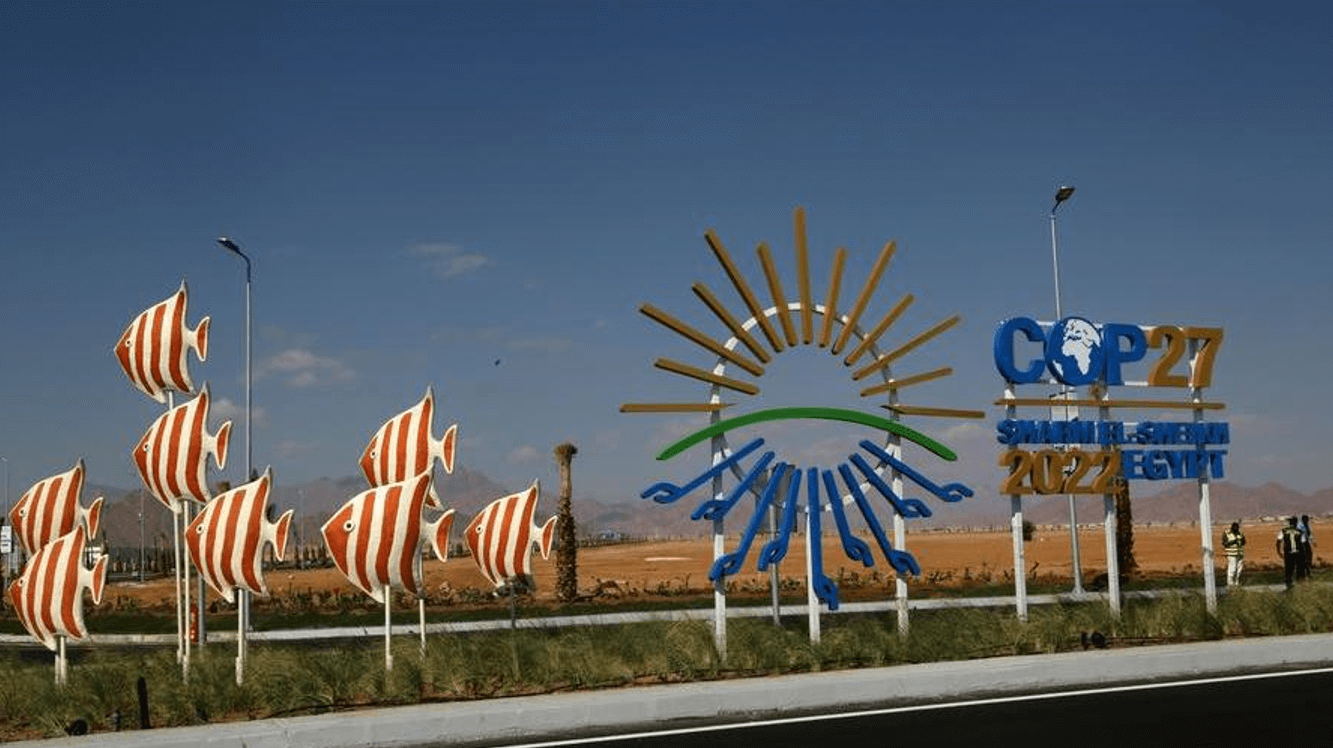According to an analysis shared by the BBC, there is a sharp rise in fossil fuel industry delegates at the UN climate summit. Compared with the last meeting, the number of delegates has jumped 25%.
Around 35,000 people are expected to attend the COP27 summit in the Red Sea resort of Sharm el-Sheikh.
However, these conferences have always attracted significant numbers from the coal, oil, and gas industries, which are keen to influence the shape of the debate. At the summit of the last year in Glasgow, around 503 delegates were connected to fossil fuels. This year that figure has gone up to 636.
Rachel Rose Jackson from Corporate Accountability said «COP27 looks like a fossil fuel industry trade show. We’re on a carousel of madness here rather than climate action. The fossil fuel industry, their agenda, it’s deadly. Their motivation is profit and greed. They’re not serious about climate action. They never have been and they never will».
The researchers counted the number of individuals registered who were either directly affiliated with fossil fuel companies or attending as members of national delegations that act on behalf of the fossil fuel industry. The data shows that this year, there are more fossil fuel lobbyists than total delegates from the ten countries most impacted by climate change, including Pakistan, Bangladesh, and Mozambique.
Furthermore, speaking to the BBC at COP27 there is Omar Farouk Ibrahim, the head of the African Petroleum Producers Organisation. His aim at COP27 is to influence negotiators to support the development of gas and oil in Africa, and he rejects the idea that Africa should renounce its large reserves of oil and gas in exchange for renewable technology and funding from the richer nations.
Recently, there has been a “dash for gas” among some African nations, keen to exploit their resources at a time of increased demand in Europe and elsewhere. One example is Senegal, one of the African countries that want to exploit its recently discovered reserves of gas.
«What is important for us is how can we use these resources to develop our country and reinforce our economy and to export it to emerging and developed countries», said Idy Niang, from the Senegal delegation.
Meanwhile, many participants were clear that the climate situation is so urgent that it takes priority, leaving no room in any COP for those who support fossil fuels.
«As long as we have the fossil fuel lobby and machinery in full swing, we will not make progress and we have not made progress», said Phillip Jakpor to BBC News, who comes from Nigeria and works with Public Participation Africa.









Show Comments